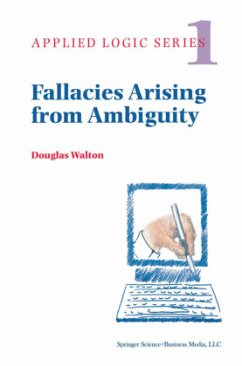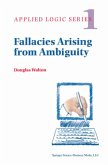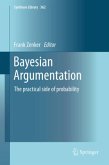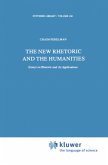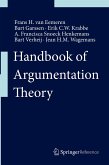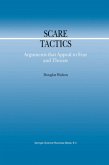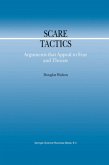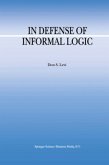We are happy to present to the reader the first book of our Applied Logic Series. Walton's book on the fallacies of ambiguity is firmly at the heart of practical reasoning, an important part of applied logic. There is an increasing interest in artifIcial intelligence, philosophy, psychol ogy, software engineering and linguistics, in the analysis and possible mechanisation of human practical reasoning. Continuing the ancient quest that began with Aristotle, computer scientists, logicians, philosophers and linguists are vigorously seeking to deepen our understanding of human reasoning and argumentation. Significant communities of researchers are actively engaged in developing new approaches to logic and argumentation, which are better suited to the urgent needs of today's applications. The author of this book has, over many years, made significant contributions to the detailed analysis of practical reasoning case studies, thus providing solid foundations for new and more applicableformal logical systems. We welcome Doug Walton's new book to our series.
Hinweis: Dieser Artikel kann nur an eine deutsche Lieferadresse ausgeliefert werden.
Hinweis: Dieser Artikel kann nur an eine deutsche Lieferadresse ausgeliefert werden.

